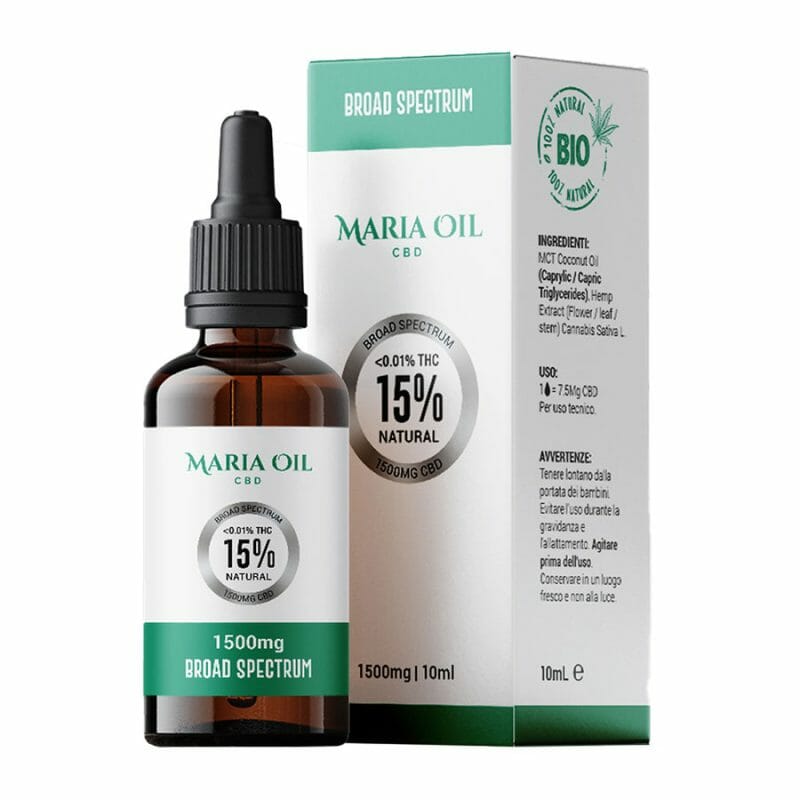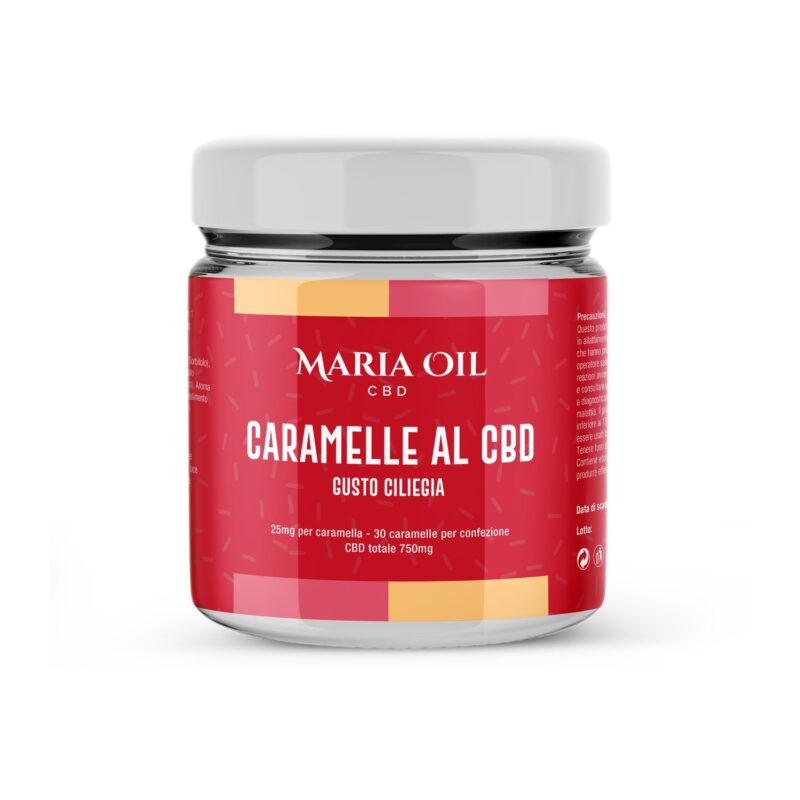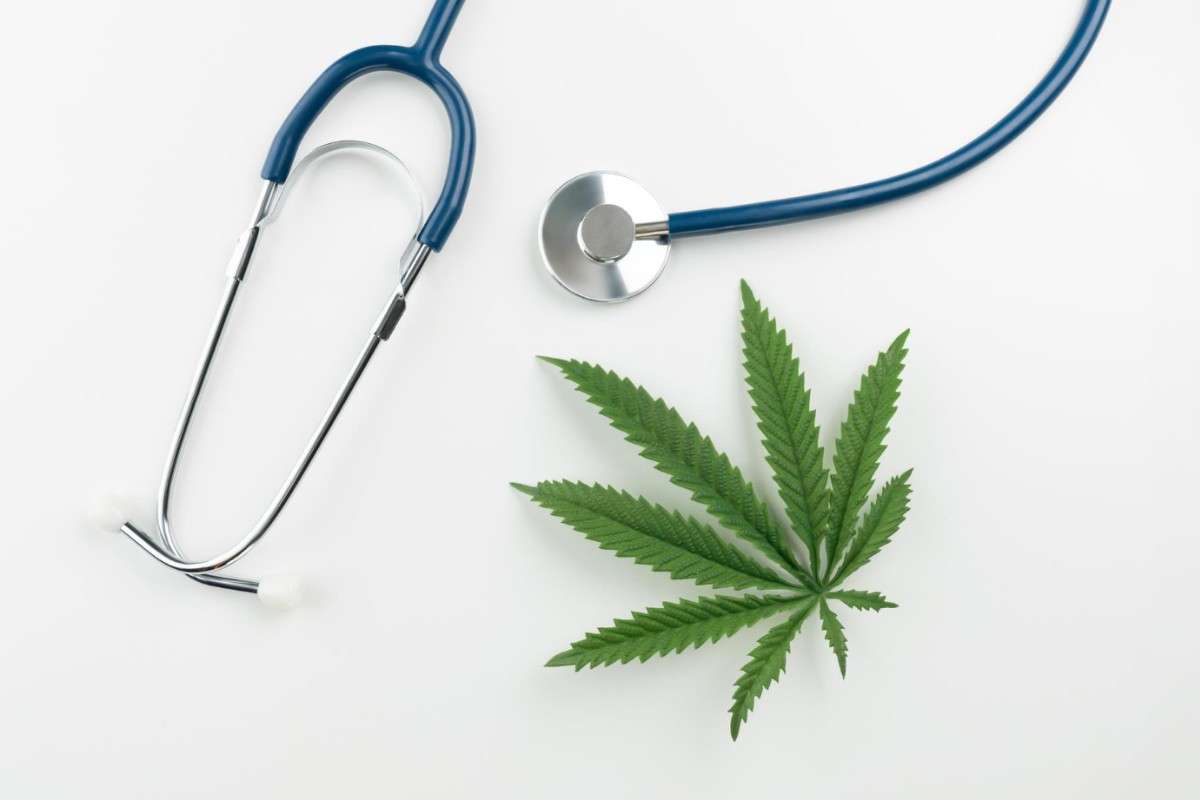The heart is one of the most important organs in our body and unfortunately it too can become ill. Diseases that affect the heart and blood vessels are called cardiovascular diseases. It is very important to treat these diseases when they are ongoing, but it is even more important to be able to prevent them.
In fact, cardiovascular diseases are the leading cause of death in the world, claiming around 18 million lives each year. In Italy, these diseases affect around 23 million people, costing the national health system an estimated €20 billion. Once in four they lead to death.
The good news is that many cardiovascular diseases can be prevented by adopting a healthy lifestyle. By acting on the main risk factors, such as smoking, obesity, sedentariness, hypertension and diabetes, the risk of developing these diseases can be significantly reduced.
In addition to primary prevention strategies, natural remedies can play a complementary role in managing the disorder. Scientists are always looking for effective solutions and, in their search, have landed on cannabidiol, better known as CBD.
In this article, we will explore the main risk factors for cardiovascular disease and the most effective prevention strategies. We will also focus on the most promising natural remedies, studying the effects of CBD on the heart.
-
Product on sale
 CBD oil 15% (1500mg) Broad SpectrumPrice range: £31.20 through £51.20From 1,71 €/gr
CBD oil 15% (1500mg) Broad SpectrumPrice range: £31.20 through £51.20From 1,71 €/gr
What are the effects of CBD
CBD’s effects on the heart are only part of the impact this active ingredient has on the body. Cannabidiol is known for its anti-inflammatory, pain-relieving, antioxidant, anticonvulsant, anti-emetic, anti-depressant and many other properties.
All this is possible because cannabinoids influence the endocannabinoid system, a biological system responsible for balancing so many of the body’s functions. It is responsible for sleep, appetite, mood, memory, movement, and much more. When the system does not produce enough endocannabinoids, the substances that allow the body to function properly, CBD can give it the help it needs to start working at its best again.
The effects of cannabis can therefore be seen in a variety of fields as it can treat pain, even chronic pain, inflammation, anxiety and stress, depression, nausea and vomiting, insomnia, skin imperfections, and even has a beneficial effect on the heart.
This is why CBD has been, and is again, so popular. A single substance can put the entire organism back on track. Especially when combined with a correct lifestyle. It is also very important to remember that the effects are not psychoactive, as CBD does not cause any high even when taken in a high concentration.
Cardiovascular diseases and their causes
Cardiovascular diseases are a group of pathologies that can affect one or more parts of the heart or affect blood vessels. They are common diseases, sometimes manifesting themselves with glaring symptoms while other times they are asymptomatic, which makes it more difficult to detect them in time.
Here is a list of the main cardiovascular diseases:
- Congenital heart diseases present from birth;
- Coronary heart disease, including angina pectoris, myocardial infarction and coronary atherosclerosis;
- Peripheral arteriopathies;
- Heart valve diseases, including Valvular Stenosis and Valvular Insufficiency;
- Rheumatic heart diseases;
- Cardiomyopathies, including dilated cardiomyopathy, hypertrophic cardiomyopathy and restrictive cardiomyopathy;
- Arteriosclerosis;
- Diseases of the cerebral arteries;
- Deep Vein Thrombosis and Pulmonary Embolism,
These may in turn increase the risk of far worse conditions such as stroke, ischaemia or heart attack.
Non-modifiable risk factors are:
- Age: the risk of developing cardiovascular disease increases with age, especially over the age of 40;
- Gender: men tend to be more susceptible than women, especially before the menopause;
- Family history.
Then there are modifiable risk factors:
- Tobacco smoking;
- Unhealthy diet;
- Sedentary lifestyle;
- Obesity;
- High blood pressure;
- Diabetes;
- High cholesterol;
- Stress;
- Alcohol;
- Insufficient sleep.
This is why, very often, treatment is combined with an improvement in one’s eating and physical habits.

What are the effects of CBD on the heart?
Risk factors for cardiovascular diseases can be reduced thanks to CBD’s anti-inflammatory and antioxidant properties.
CBD does not act in the same way as normal drugs, which merely dull the symptoms of diseases already in progress. Instead, it helps the body work better in a way that we will go into shortly. It gives it that boost so that it performs its functions properly and helps you stay healthy.
Let’s find out what are the 3 effects of CBD on the heart.
1. Lowering blood pressure
One of the most important effects of CBD on the heart is the lowering of blood pressure. Tests have been performed on both animals and humans, such as this cross-sectional study where a single dose of cannabidiol was administered in healthy males. The volunteers were subjected to stress and then given the dose of CBD. The result was that blood pressure dropped. CBD
The anti-inflammatory properties of CBD help in the reduction of cholesterol levels, which we have seen to be a risk factor for the onset of cardiovascular disease. Cannabidiol relaxes arterial walls, reduces blood pressure, and consequently also cholesterol levels.
2. Weight management
One of the main causes of congestive heart failure is obesity, so maintaining an adequate weight is essential to protect heart health. According to a study published in 2016 and titled “Cannabidiol promotes browning in 3T3-L1 adipocytes”, CBD could make a great contribution to weight control.In particular, it was observed that CBD can stimulate the transformation of white fat cells into brown fat. This type of fat, unlike white fat, is more active in energy consumption as it contains more mitochondria, the “power plants” of cells, which help burn calories. White fat, on the other hand, accumulates excess lipids and is distributed throughout the body, increasing the risk of obesity.
3. Action on blood vessels
In this research, the role of cannabidiol in the cardiovascular system was investigated. CBD has direct actions on the arteries by causing vasorelaxation, protects against vascular damage, reduces the size of a heart attack and increases blood flow. The data therefore show that CBD treatment has a positive impact on the heart, especially in terms of prevention.
Very often, heart disease is based on inflammation, such as that which can affect blood vessels and prevent proper blood flow. When CBD reduces inflammation, the vessels can pump the right amount of blood to the heart.
Therefore, CBD and heartbeat are also connected, as it can lower the heart rate, helping in severe cases of arrhythmia.
4. Cholesterol reduction
As is well known, CBD has anti-inflammatory properties that can help reduce levels of cholesterol, a type of lipid, in the blood.
According to a recent study from 2024, called “LDL: What to Know About the “Bad” Cholesterol”, low-density lipoprotein (LDL), the so-called “bad cholesterol”, is capable of creating real blockages in blood vessels, resulting in a high risk of developing cardiovascular diseases such as heart attack, stroke and atherosclerosis, a condition in which arteries harden and narrow due to plaque build-up.
In this case, CBD is very helpful in relaxing the arterial walls, lowering blood pressure. Another study from 2020, “Vasodilatory effects of cannabidiol in human pulmonary and rat small mesenteric arteries: modification by hypertension and the potential pharmacological opportunities”, claims that CBD is able to increase HDL levels, the so-called “good cholesterol”.
5. Fat transformation
We should also not forget, as we pointed out earlier, that cannabidiol also affects appetite. This may be one of CBD’s effects on the heart because obesity is a risk factor.
Cannabidiol is not only able to regulate hunger pangs but also to transform bad fat into good fat, reducing the risk of heart failure.
Are there risks in using CBD if one suffers from arrhythmia?
What if you suffer from arrhythmia? Studies have been conducted which show that cannabidiol may be an antiarrhythmic due to its role on CB1 receptors of the endocannabinoid system.
However, other research has shown that cannabis use may increase the risk of arrhythmia. And even some doctors advise avoiding cannabis use.
In fact, the problem seems to be related to THC, i.e. the psychoactive component of cannabis. The risks therefore seem to be more related to marijuana, where the THC percentage is high. Moreover, the increased heart rate recorded in the study just mentioned was found in subjects who were addicted to cannabis, so they were not casual users who tried it for medicinal purposes.
The CBD products you find on the market have only a small THC component, which is too low to cause a high. This percentage has been recognised by the Italian state as safe for health.
-
Product on sale
 Vegan Gummies with CBD 15mgOriginal price was: £25.00.£21.25Current price is: £21.25.
Vegan Gummies with CBD 15mgOriginal price was: £25.00.£21.25Current price is: £21.25.
What is the most prominent side effect of cannabidiol?
CBD seems to be well tolerated by everyone. During tests conducted by scientists, no serious side effects ever surfaced. Only in a few rare cases did dry mouth, fatigue and changes in appetite occur. Even the World Health Organisation has declared it to be safe.
However, if we really have to find a contraindication, it is the possibility of interaction with other drugs. If you are already undergoing treatment for cholesterol, blood pressure or any other heart-related ailment, the advice is always to contact your doctor.
The problem stems from the fact that if you take both CBD and other drugs, your liver may not be able to metabolise them all properly. This could lead to ineffectiveness of the treatment as well as the side effects we have just seen.
Asking your doctor’s advice can also help you find out what is the right amount of CBD to take and in what concentration, because there are so many different products on the market.
A study of the effects of CBD on the heart
A scientific review, which compiled all currently available information, stated that CBD, due to its powerful anti-inflammatory and antioxidant properties, offers a promising therapy for various heart diseases.
Reduction of oxidative stress and cellular protection:
- CBD fights free radicals by limiting the production of reactive oxygen/nitrogen species that damage heart cells;
- Protects the mitochondria, the ‘power plants’ of cells, ensuring their proper functioning;
- Inhibits the activation of caspase, a protein that triggers cell death;
- Regulates ionic homeostasis, the balance of electrical charges that is essential for cardiac contraction.
Anti-inflammatory action and modulation of the immune response:
- CBD reduces inflammation, a key factor in the development of many heart diseases;
- Limits the secretion of cytokines, proteins that promote inflammation;
- Reduces the infiltration of immune cells into cardiac tissue, decreasing tissue damage;
- By containing inflammation, CBD reduces the area of infarction and fibrosis formation.
Effects mediated by the endocannabinoid system:
- CBD acts on several receptors and molecules of the endocannabinoid system, which plays a key role in cardiovascular health;
- Activation of these receptors modulates vasodilation, cardiac contraction and other processes crucial to heart health.
CBD has been administered to patients with various heart diseases in a wide range of doses, proving to be safe and well tolerated. The low frequency of adverse effects and contraindications makes it a promising candidate for the treatment of various heart diseases.
Weed is good for the heart and is preferable, scientists confirm, because it is of natural origin and not synthetic like other drugs.
A more recent study from 2024, entitled “Therapeutic potential of cannabidiol (CBD) in the treatment of cardiovascular diseases”, examined the therapeutic potential of CBD in the treatment of cardiovascular diseases.
The main results of the study show that CBD may have beneficial effects in the treatment of certain cardiovascular conditions due to its properties:
- Anti-inflammatory: reduces inflammation of cardiac tissue, which may help in conditions such as myocarditis.
- Vasodilatory: promotes relaxation of blood vessels, contributing to better circulation and lower blood pressure.
- Anti-fibrotic: CBD may slow down or prevent fibrosis (scar tissue formation) in the heart, being useful in conditions such as diabetic cardiomyopathy.
- Antioxidants: it combats oxidative stress, which is a key factor in many cardiovascular diseases, and helps protect heart tissue.
These effects suggest that CBD may play a protective and therapeutic role in a number of cardiac diseases, such as drug-induced cardiotoxicity and ischaemia-reperfusion damage, typical of heart attacks.
Natural methods to help the wellbeing of the heart
Habits play a very important role in heart disease, and it is no coincidence that treatments involve a combination of medication with a healthy diet and the right amount of exercise.
From a dietary point of view, it is very important to eliminate anything that can lead to hypertension or obesity. Fortunately, our Mediterranean diet, if followed without excess, seems to be beneficial to the body.
Bad habits such as excessive smoking and alcohol must also be reduced. Besides causing cardiovascular diseases, they can be responsible for many other ailments.
It is also important to be able to lead a stress-free life, so carve out time to relax and get a fair amount of sleep. Physical activity can also help a lot in this.
And while we’re on the subject of natural remedies, to prevent heart disease you can combine these good habits with CBD. It is a 100% natural substance that can balance your body at the root, stimulating its proper functioning.
Visit our CBD Shop now to discover all cannabidiol products. Their purity and quality is attested by scrupulous laboratory analyses to guarantee you only the best for your health. Find the product that best suits your needs, you have a wide choice!
 Contact us
Contact us 







